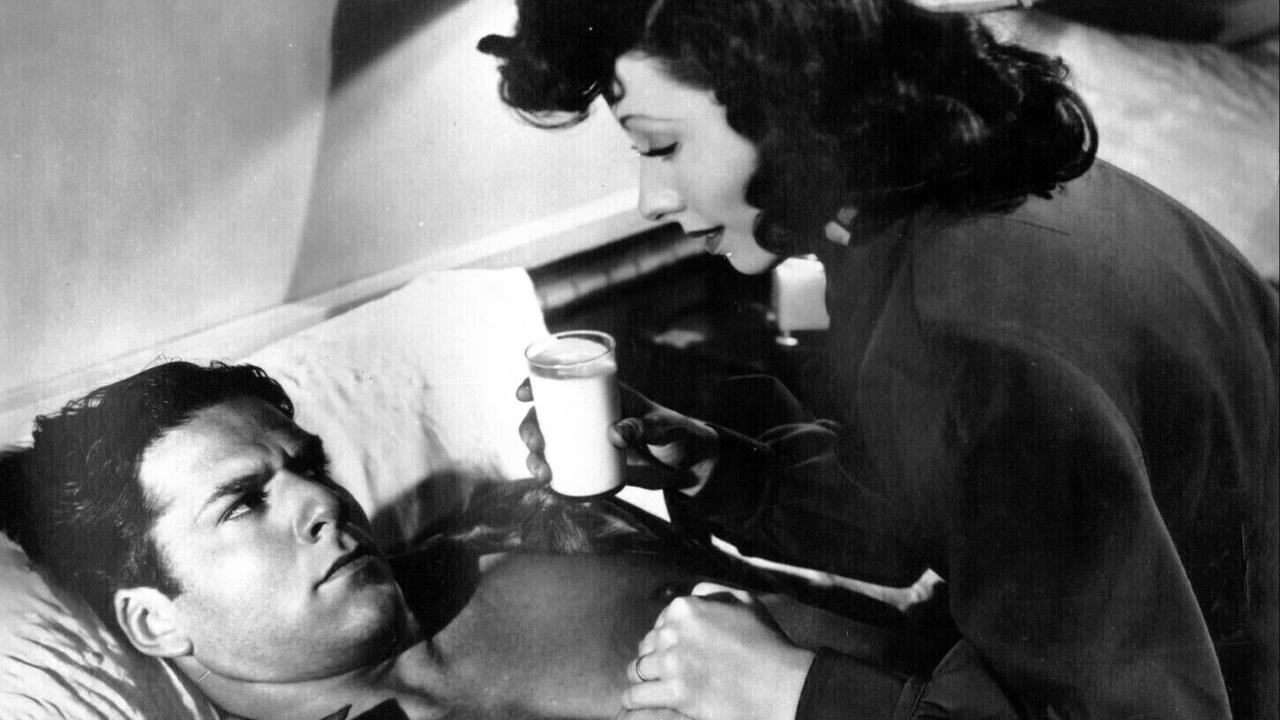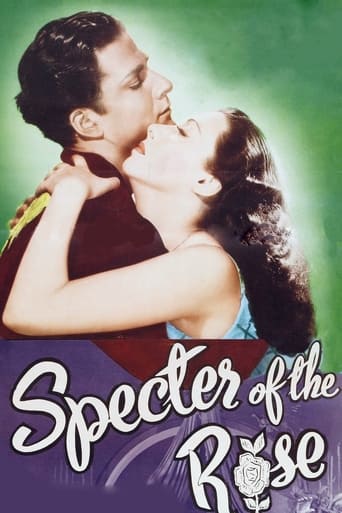

When my mother took me to see this film in 1946 at the Leland Theater in Taft, Texas, I was 7 years old. This movie set a standard ,for me,of motion picture excellence and expectation that has never wavered. I am not saying that this is the greatest movie ever made, I am just expressing or rather trying to convey the power of this film over the rather naive mind of a young boy. Judith Anderson became my role model of female intuition and cohesiveness. Every time I watch a movie (and I have watched literally thousands over the years), I communicate with her and wait for her voice to put it into perspective. She was a remarkable actress whose theatrical actions were a combination of dance and music that revealed hidden truths and subtle whispers about life, death and our invisible role within it.
... View MoreI saw this once at the age of 20. I'm now 80. It's still on my top ten, all-time list. I remember Lionel Stander and "loving her with his eyes". I haven't seen it since. It's a most unusual, beautiful memory. Others on my list are "Separate Tables" (produced by Hecht who wrote "Spectre) and Witness for the Prosecution": Is anybody picking up a pattern? No, because "My Fair Lady" and "Quacker Fortune Has A Cousin Living In The Bronx" are there, too. Until I wrote this I hadn't realized that everybody in all these casts only truly fell in love ONCE. Until I wrote this I hadn't realized that I did, at 20, and still am, at 80. And, until I wrote this line I haven't written the minimum ten.
... View MoreYou must see this movie. We were baffled and amused by the incomprehensible dialogue, stone-faced acting, and ridiculous plot of this ballet/murder mystery written and directed by Ben Hecht(!?). Actually, we were more than amused, we were in physical pain from continual laughter! Dame Judith Anderson manages to rise above this surreal debacle and provide an intelligent performance. On the other end of the scale is legendary acting teacher Michael Chekhov, nephew of Anton, who is so over-the-top that doubts arose in our minds about his acting theories.The fact that Hecht, writer of hard-boiled cynical tales (The Front Page), would write such loopy dialogue leads us to theorize he meant this to be tongue-in-cheek. We can only hope.See this film!
... View MoreI am surprised and even saddened that there are no other votes or comments for this extraordinary film about the ballet world, because that would seem to mean that no one using IMDB has seen it; you are missing one of the most unique films ever made.Ben Hecht wrote and Ben Hecht directed this surreal film about a dancer in the eccentric world of ballet who is obsessed with a ballerina; there are few if any obsessions that are not destructive, and I will not give away the ending, but it is spectacular and moving. You will not forget this film once you have seen it.
... View More